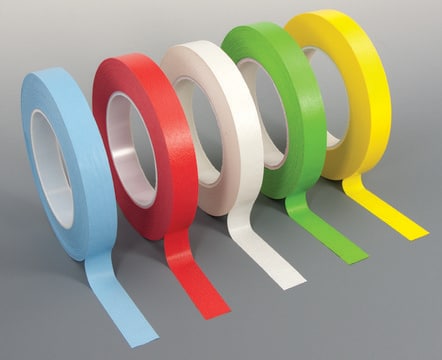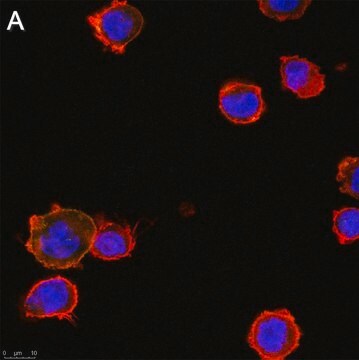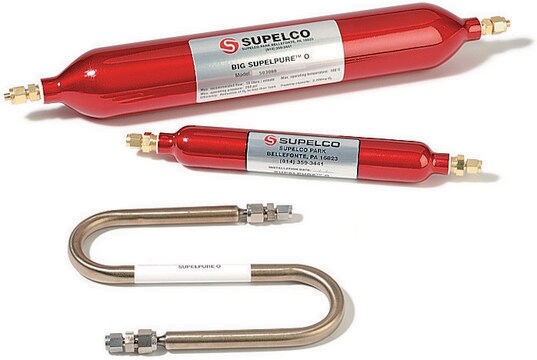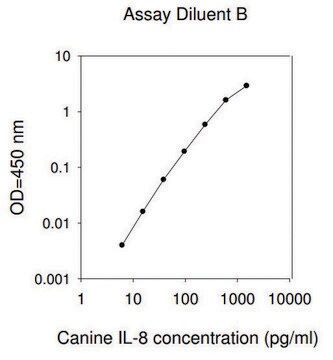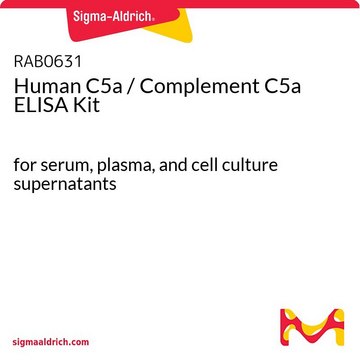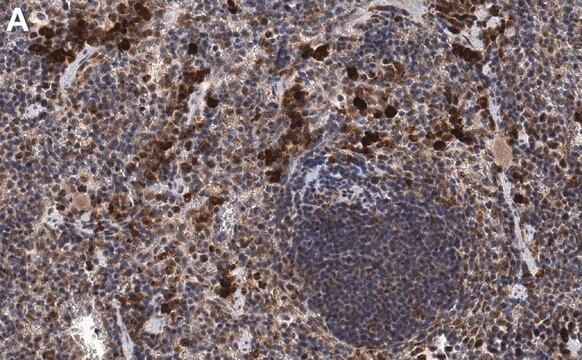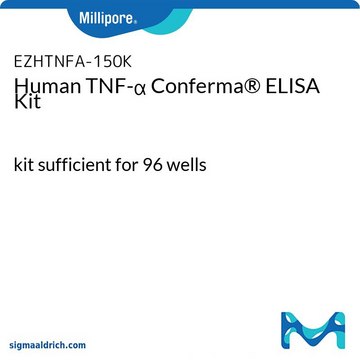Descrizione generale
We are committed to bringing you greener alternative products, which adhere to one or more of The 12 Principles of Green Chemistry.This antibody is Preservative-free, produced without the harm or sacrifice of animals and exceptionally stable to allow for ambient shipping and storage if needed and thus aligns with "Waste Prevention", "Designing Safer Chemicals" and "Design for Energy Efficiency".
Click here for more information.
ZooMAb® antibodies represent an entirely new generation of recombinant monoclonal antibodies.Each ZooMAb® antibody is manufactured using our proprietary recombinant expression system, purified to homogeneity, and precisely dispensed to produce robust and highly reproducible lot-to-lot consistency. Only top-performing clones are released for use by researchers. Each antibody is validated for high specificity and affinity across multiple applications, including its most commonly used application. ZooMAb® antibodies are reliably available and ready to ship when you need them.
Specificità
Clone 2E3 is a ZooMAb® rabbit recombinant monoclonal antibody that specifically detects TNF . It targets an epitope within the extracellular domain.
Immunogeno
His-tagged recombinant fragment corresponding to the full-length soluble form of human TNF .
Applicazioni
Quality Control Testing
Evaluated by Western Blotting with recombinant Human TNF .
Western Blotting Analysis: A 1:1,000 dilution of this antibody detected recombinant Human TNF .
Tested applications
Enzyme Immunoassay Analysis: A representative lot of this antibody detected recombinant Human TNF in ELISA application.
Affinity Binding Assay:: A representative lot of this antibody bound TNF with a KD of 1.9 x 10-7 in an affinity binding assay.
Note: Actual optimal working dilutions must be determined by end user as specimens, and experimental conditions may vary with the end user
Descrizione del bersaglio
Tumor necrosis factor (UniProt: P01375; also known as Cachectin, TNF-alpha, Tumor necrosis factor ligand superfamily member 2, TNF-a) is encoded by the TNF (also known as TNFA, TNFSF2) gene (Gene ID: 7124) in human. TNF is a pro-inflammatory cytokine that is mainly produced by activated macrophages and natural killer (NK) cells. The uncleaved molecule has a cytoplasmic domain (aa 1-35), a transmembrane domain (aa 36-56), and an extracellular domain (aa 57-233). Following its synthesis, it is cleaved into 6 different chains: Tumor necrosis factor, membrane form (NTF); Intracellular domain 1 (ICD1; aa 1-39); Intracellular domain 2 (ICD2; aa 1-35); C-domain 1; C-domain 2; and Tumor necrosis factor, soluble form (aa 77-233). The soluble form is derived from the membrane form by proteolytic processing. During synthesis, TNF translocates to the cell membrane where the TNF-converting enzyme (TACE) releases the membrane-bound 26 kDa molecule into the extracellular milieu as a 17 kDa protein. Both membrane-bound and released TNF are active but depending on their location they perform different functions. TNF mediates its biological activities through binding to type I and II TNF receptors (TNFR1 and TNFRII). Transmembrane TNF exerts its biological function in a cell-to-cell contact fashion, which is distinct from the feature of soluble TNF that acts at sites remote from the TNF -producing cells. TNF is a potent pyrogen that causes fever by its direct action or by stimulation of interleukin-1 secretion . It has been implicated in the induction of cachexia. Under certain conditions it can stimulate cell proliferation and also induce cell differentiation. It is known to impair regulatory T-cells (Treg) function in subjects with rheumatoid arthritis via dephosphorylation of FOXP3. It up-regulates the expression of protein phosphatase 1 (PP1) that dephosphorylates the key Ser-418 residue of FOXP3 and inactivates it leading to defective Treg cell function. This ZooMAbZooMAb® recombinant monoclonal antibody, generated by our propriety technology, offers significantly enhanced specificity, affinity, reproducibility, and stability over conventional monoclonals. (Ref.: Nie, H., et al. (2013). Nat. Med. 19(3); 322-328; Horiuchi, T., et al. (2010). Rheumatology (Oxford). 49(7); 125-1228).
Stato fisico
Purified recombinant rabbit monoclonal antibody IgG, lyophilized in PBS with 5% Trehalose, normal appearance a coarse or translucent resin. The PBS/trehalose components in the ZooMAb formulation can have the appearance of a semi-solid (bead like gel) after lyophilization. This is a normal phenomenon. Please follow the recommended reconstitution procedure in the data sheet to dissolve the semi-solid, bead-like, gel-appearing material. The resulting antibody solution is completely stable and functional as proven by full functional testing. Contains no biocide or preservatives, such as azide, or any animal by-products. Larger pack sizes provided as multiples of 25 μL.
Ricostituzione
300 μg/mL after reconstitution at 25 μL per vial. Please refer to guidance on suggested starting dilutions and/or titers per application and sample type.
Stoccaggio e stabilità
Recommend storage of lyophilized product at 2-8°C; Before reconstitution, micro-centrifuge vials briefly to spin down material to bottom of the vial; Reconstitute each vial by adding 25 μL of filtered lab grade water or PBS; Reconstituted antibodies can be stored at 2-8°C, or -20°C for long term storage. Avoid repeated freeze-thaws.
Note legali
ZooMAb is a registered trademark of Merck KGaA, Darmstadt, Germany
Esclusione di responsabilità
Unless otherwise stated in our catalog or other company documentation accompanying the product(s), our products are intended for research use only and are not to be used for any other purpose, which includes but is not limited to, unauthorized commercial uses, in vitro diagnostic uses, ex vivo or in vivo therapeutic uses or any type of consumption or application to humans or animals.

